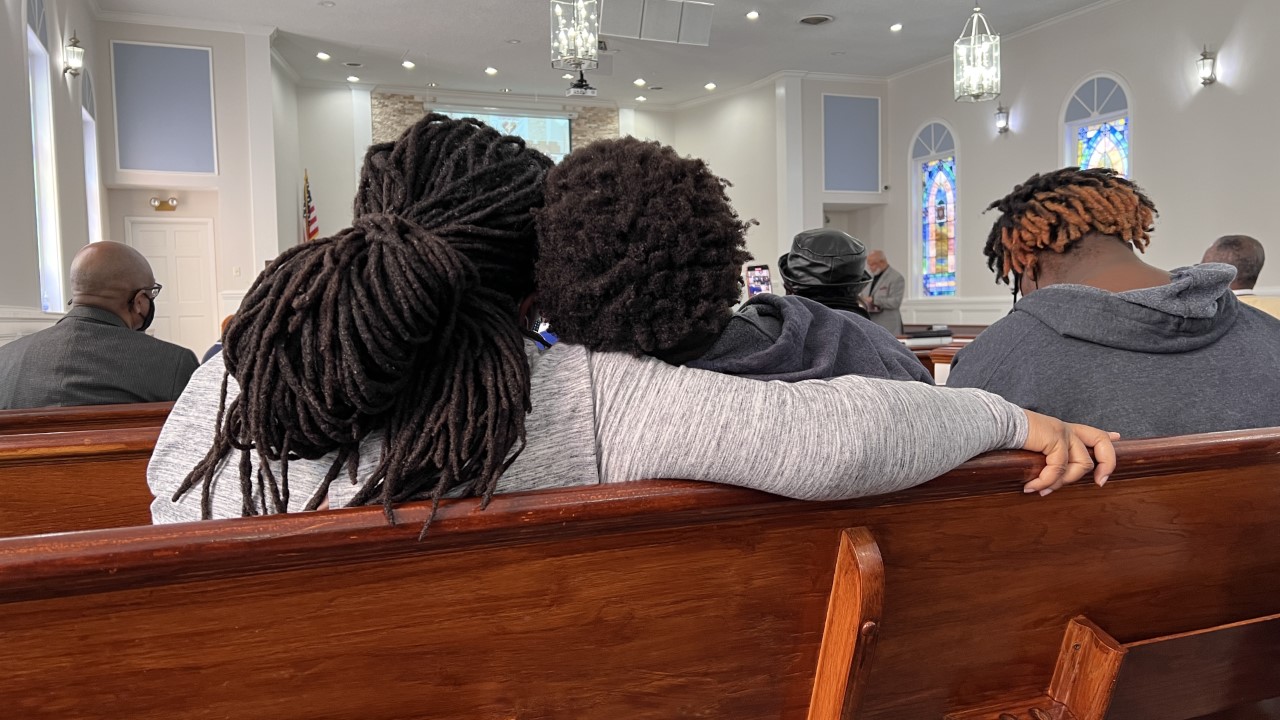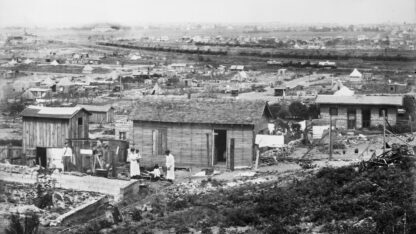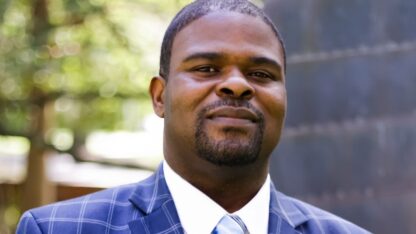In Forsyth County, about an hour drive from Atlanta, there exists a void. It’s so deeply rooted and ingrained that it’s hard to know just how deep.
While the void’s origins date back long before 1912, that’s when two separate but similar events forever changed the county.
It’s when murderous white mobs known as the “Night Riders” drove out every Black person: 1,098 according to the 1910 U.S. Census Bureau — gone. In the process, they set fire to Black-owned businesses and churches in Forsyth and publicly lynched three men, amid a series of alleged rapes of white women.
More than a century later, fewer than 5% of the quarter-million people who live in Forsyth are Black. Those numbers point to just how effective the racial cleansing really was, and remains.
This Black History Month, U.S. Rep. Carolyn Bourdeaux of Georgia introduced a resolution that condemns the notorious purge of Forsyth’s Black community and calls for a national day of remembrance for the victims that were lynched in an atmosphere that historians have compared to a public fair: Rob Edwards, Ernest Knox and Oscar Daniel.









